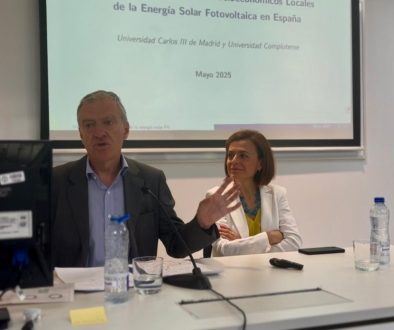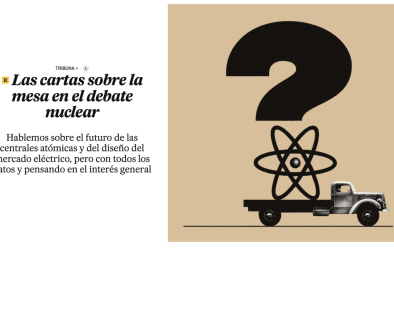La Caixa Foundation Social Research Grant
We are happy to share good news: EnergyEcoLab has been awarded a grant by La Caixa Foundation, aimed at supporting social research projects that provide insights about the current and emerging social challenges through innovative approaches.
The full list of funded projects can be found here.
Our project, entitled “The Socio-Economic Impacts of Low Emission Zones (LEZs)”, will contribute to the debate regarding two global questions of key socio-economic relevance: the design of environmental policies and the future of cities. This topic is anchored on the European Green Deal strategy to achieve climate neutrality by 2050 inline with the European Commission’s objective to reach “100 Climate-Neutral Cities by 2030 – by and for citizens”.
LEZs are areas where access to part of a city is restricted to discourage polluting types of vehicles from entering the area. This regulation has been increasingly popular given that half of the EU countries adopted this policy to address pollution from road transport. The health, economic, and societal costs of local air pollution are substantial, ranging from decreased life expectancy and increased infant mortality to far-reaching economic implications such as job losses or decreased consumer spending.
In the next two years, the team aims to provide rigorous evidence-based policy on the effectiveness of Low Emission Zones using the LEZ regulations in Madrid and Barcelona. This will include (1) investigating whether LEZs are powerful enough to shift the car fleet composition towards cleaner cars, (2) documenting the shift of habits towards shared-mobility options, and (3) estimating its impact on the economic activity within the restricted areas. Access to high-frequency and hyper-local data (including car registration data, car, and bike-sharing data, and card transactions data, together with socio-demographics) will allow rigorous empirical analysis on the socio-economic impacts of the LEZs through the lens of state-of-the-art econometric techniques.
The results will provide valuable evidence on the best courses of action to address environmental challenges in many cities across the world, including many European cities that will soon have to implement similar urban access regulations.
We will publish the output of this research at https://energyecolab.uc3m.es/




